
Professor Richard P. Farkas
Over the course of my professional career, I have had the honor to teach thousands of students from the United States and internationally. Many have gone on to exciting and rewarding professional careers of their own, including law, science, business, the arts and even sports.

Treading Lightly on History...
...throughout a career devoted to the exploration of truth and current events
During my career, I also have had the distinct privilege to travel worldwide and experience first-hand the true diversity of the world’s peoples. Many of the places that I’ve visited are well-travelled, but quite a number have been remote, isolated and less traveled. Wherever I go, I collect a small sample of sand from each place that I visit (assuming such places have a beach). I now have small jars from over 200 such visits – many from quite exotic and remote places. In virtually all these places, I have witnessed the challenges common to young people and how they seek to meet those challenges. These books are drawn from those extensive involvements and experiences.
ACADEMIC APPOINTMENTS
CURRENT AFFILIATION
Professor of Political Science, DePaul University, 1974-Present
ADDITIONAL APPOINTMENTS
–Fall term ’84: Visiting Professor, Budapest University of Economic Sciences
–Fall term, ’99 Visiting Lecturer, University of Pittsburgh, Semester-at_Sea
–Fall term, ’02 Visiting Professor, Budapest University of Economics & Public Administration
–Fall term, ’06 Visiting Lecturer, University of Virginia, Semester-at-Sea
–Fall term, ’09 Visiting Lecturer, University of Virginia, Semester-at-Sea
Previous:
Assistant Professor, Department of Political Science, State University of New York, Geneseo, NY, 1970-’74
Fulbright/ US State Department designated “Senior Specialist” on Balkans, Ukraine, and post-Communist Societies, 2009-2014; 2019-2022
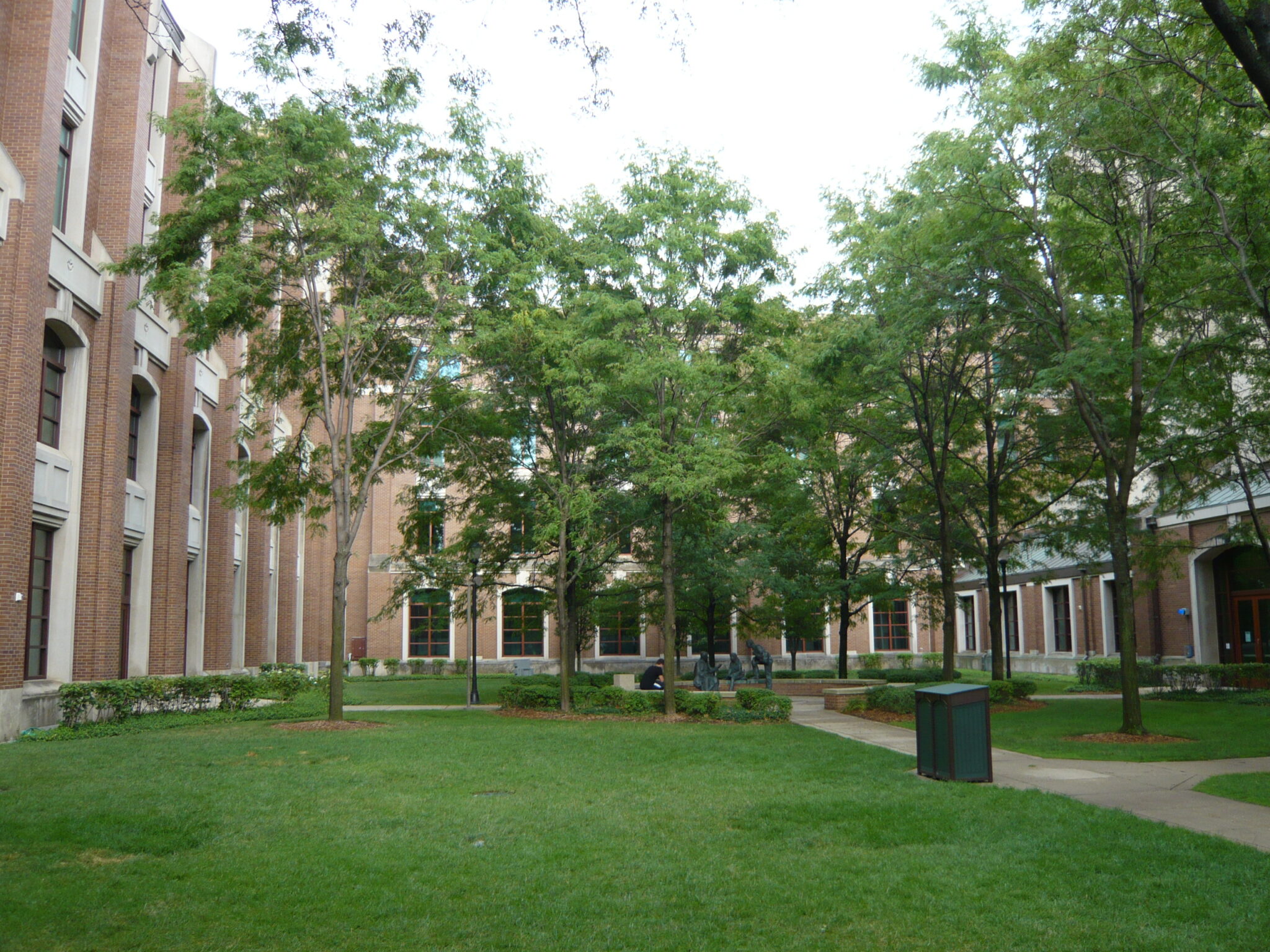
SELECTED COURSES

PSC 257 Cyber Warfare & Cyber Politics
Cyber politics is a new frontier in the realm of politics. This is a political science course focusing on the cutting-edge use of electronic and and related technologies in managing people. Government is the principal actor but certainly not the only actor in this relationship. It will emphasize the vulnerability of political systems when government lags behind adversaries or hostile parties in developing cyber capabilities.
Conflict has already begun to take the form of Cyber War where the combatants are sovereign states, criminal organizations, dissident groups, malicious thieves and intellectual experimenters. Twenty-first century warfare is qualitatively different from the conflicts of the past. There is little controversy that students familiar with dimensions of these phenomena will be more prepared for positions in public management and government service and will find themselves on the frontline defending the system and its people.
This course locates itself on the emerging frontier of thinking about the relationship between technology, politics, and conflict. Specifically, to examine the way that what has come to be called cyber warfare and cyber politics impact on characteristics of democracy including participation, communication, and legitimacy. The crucial element is how or if “cyber Politics” – the use of electronic devices and cybernetics by governments and competitors – can change the balance among stability, order, and change.
PSC 150 Intro to Comparative Politics
This is a basic university level course. It does presume that you are coming to the class with a focus and a commitment that you will do all the work assigned. It is designed to nurture the skills associated with thinking about politics in a more sophisticated way. To accomplish this, we need to learn to think conceptually, express our thoughts, and process ideas by linking facts. We also need to learn how to measure our level of confidence in an idea.
This course will focus on introducing you to those ideas. It is a “comparative politics” course. That means that it will try to understand politics by looking to examples outside the American political system. We will try to understand in a systematic way how political systems are similar or are different from one another. In this way, we see a much larger range of systems and we encounter unfamiliar ways of dealing with challenges that some Americans presume can only be handled the way it is done in the USA. You must approach this course with an open mind and invest yourself in learning the key concepts. The ideas you will learn here are the “tools” that you will use to analyze political systems and indeed other social systems throughout your lives. The bulk of this class is learning about the concepts. Details about foreign political systems will serve to illustrate their use. Political Science offers many 200 level courses that fill in detail on particular regions of the world. Consider following this course with one of those if you develop or have specific regional or global interests

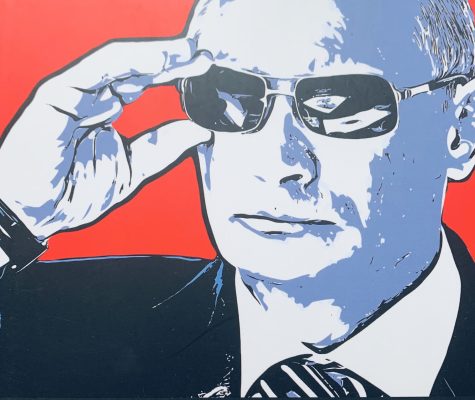
LSP112 Focal Point PUTIN 5.0
The objective is to raise each student’s awareness of the challenges and influences that stem from any individual functioning in a leadership role. In this way, implications for leadership at all levels and in all contexts will be discussed. Putin’s leadership will likely persist in some form until the year 2030. Given that, students will be rewarded with an understanding that will remain relevant well into their adult lives. Students must learn how to recognize the factors that go into the policy-making process and see clearly the extent to which individual personalities can or cannot impact the shape of a society. We will examine what appears to be a dramatic transformation of a leader in a position of consequence to the entire world.

PSC 353 Comparing Democracy & Dictatorship
This is an advanced level politics course emphasizing research and analysis. The academic focus is on rigorous comparison and analysis of the recent political experiences of countries that claim to be “democratic” or purport to be “building” democracy. We will begin with the challenge of defining terms and move to cases to test the usefulness of our definitions.
This is not nearly as easy as it may seem. Students that make a commitment to the subject will be rewarded with discovering a fascinating, intriguing and crucial insight into how our political world works. You will be challenged to process both quantitative and qualitative information. You will be expected to refine your presentation skills via written and oral opportunities. You will be given a chance to intellectually stretch in new directions and test your own abilities and understanding. In the end, we anticipate a new, more sophisticated understanding of “democracy” and “dictatorship” as phenomena in politics.
This course will systematically examine the debate about the requisites and constituent parts of “democracy” and “dictatorship.” The comparison will draw on the common functions performed by all political systems and identify the contrasting patterns that differentiate these terms. Political systems in the 21st century world display an array of characteristics that challenge simple classification. Elections, participation, distribution of resources, corruption and transparency are examples of concepts to be examined. The course will conclude with an effort to analyze any pattern that is emerging.
P.Sc. 251 RUSSIAN POLITICS
This is an intermediate level politics course. It does not presume any background in the subject matter. However, students are certainly welcome if they have some background. The academic focus is on politics and political issues in contemporary Russia.
Because the information is quite new to most students, it will require serious effort and very regular attention to the readings and on-line lectures and assignments. The challenge associated with understanding the contemporary politics of the Russian system is a daunting one. The issues, problems, and fluid nature of politics are hard to grasp. Students that make this effort will be rewarded with discovering a fascinating and intriguing system.
Please review the syllabus carefully. We will deal with history quite briefly. Students will find course options in history that can provide an insight into 19th and 20th century Russian affairs. In practical terms, we will provide a platform of information on the current state of politics, a focused look at the political leadership, and some careful examination of the issues that affect people and organizations in Russia.
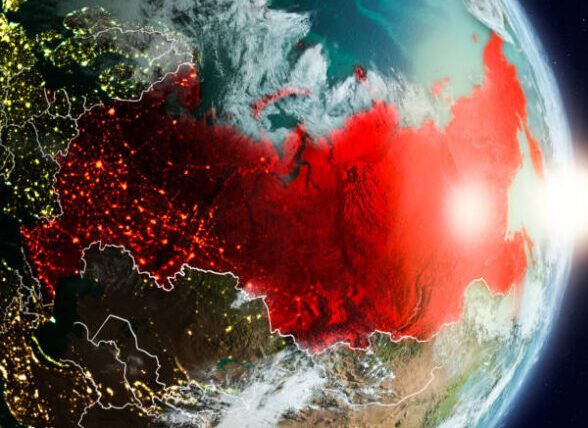

PSC 351 REVOLUTION & TERRORISM
This course examines revolutions and revolutionary activity. It will try to construct an understanding for students by looking at the empirical data that we have on when, how and why revolutions begin and why they either succeed or fail.
It will encourage students to look at the conceptual literature and link it with the real world developments that have so clearly shaped politics in the 20th and 21st centuries. Students should be prepared to be surprised by what social scientists “know” about revolution. The answers to questions like who makes revolution and in whose name it is fought will be quite unexpected. During what constellation of circumstances do revolutions flare up? What are the real chances of success? Social science has strong answers to these questions and the reality does not align with journalistic “conventional wisdom.”
►This course faces a unique challenge. Most political science courses deal with the rules and routines of politics. Revolution is the political phenomenon created and pursued by those that reject those rules. As a consequence, students must make a formidable conceptual adjustment. Each student, in order to understand REVOLUTION, must try to “think” like a revolutionary! This may involve some discomfort and the challenge to embrace very different criteria for success and value re-orientation. Students who insist on normalcy, predictability and clarity of their position should select a different course. This course is NOT for the faint of heart.
RECURRING ENGAGEMENTS
- DuPage Social Science annual teacher’s Institute Day — 34 years
- Newberry Library Special seminars for Social Studies teachers — 21 years
- International University Studies Center – Center for advanced Studies – Dubrovnik
- Lectures on international criminal law and security studies — 17 years
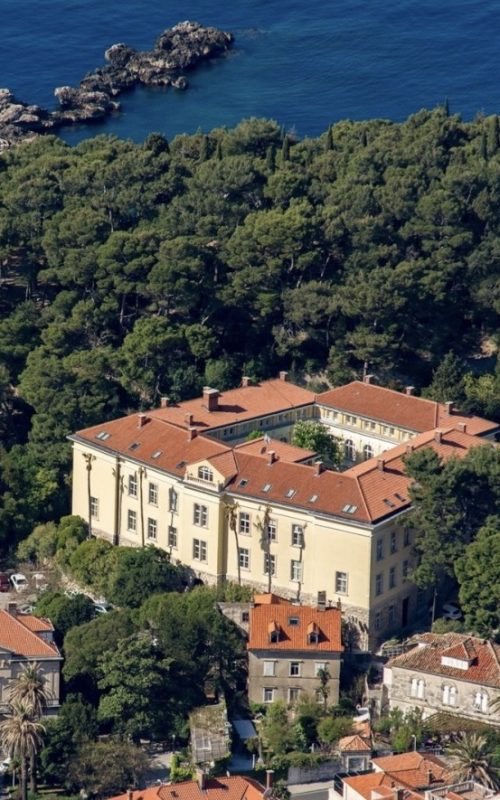
ACADEMIC HONORS
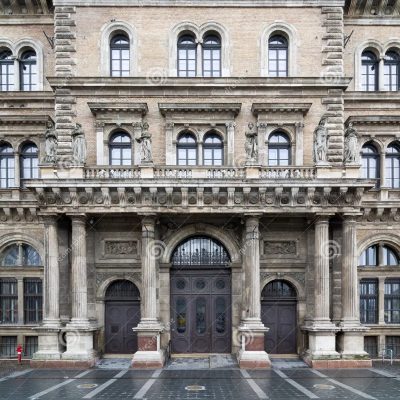
- Honorary degree Karl Marx University of Economic Sciences 1985 (today, Corvinus University, Budapest)
- Twice awarded the Dammrich award for Academic Innovation at DePaul 2021 & 2023
- Liberal Arts & Sciences Teaching Excellence Award 2017
- Dammrich 2016 & 2023
- Distinguished Teach Award, Honors Program, 2009
- Fulbright/US State Dept. Senior Specialist – Two projects.in Ukraine 2015 & 2021
- Graduation Commencement Speaker at the ceremony Corvinus University. 20??
EXOTIC TRAVEL DESTINATIONS
- Thursday Island
- Cuttyhunk Island
- Stewart Island (Oban)
- Manaus
- Gallipoli
- Lake Ladoga
- Sevastopol
- Kherson
- Khortytsia Island
- Brijuni Islands
- Canary Islands
- Reunion
- Ushiaia
- Falkland Islands
- St. Helena Island
- Komodo Island, Vis Island
- Robben Island
- Devil’s Island
- Christmas Island
- Mauritius
- Kefalonia
- Kalliopia
How many of these can YOU locate?
Yes, it's all been exciting and adventurous...
...BUT...
don't let THIS happen to you!
MAROONED!
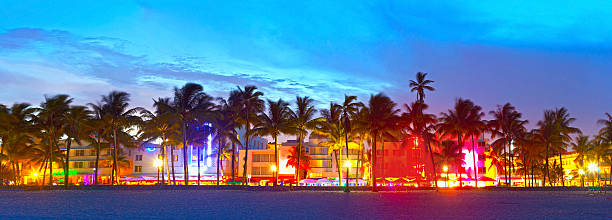
Address
DePaul University
Department of Political Science
990 West Fullerton Avenue
Chicago, IL 60614-2458
Contact
- DFarkas@DePaul.edu
- +1 847-251-2671